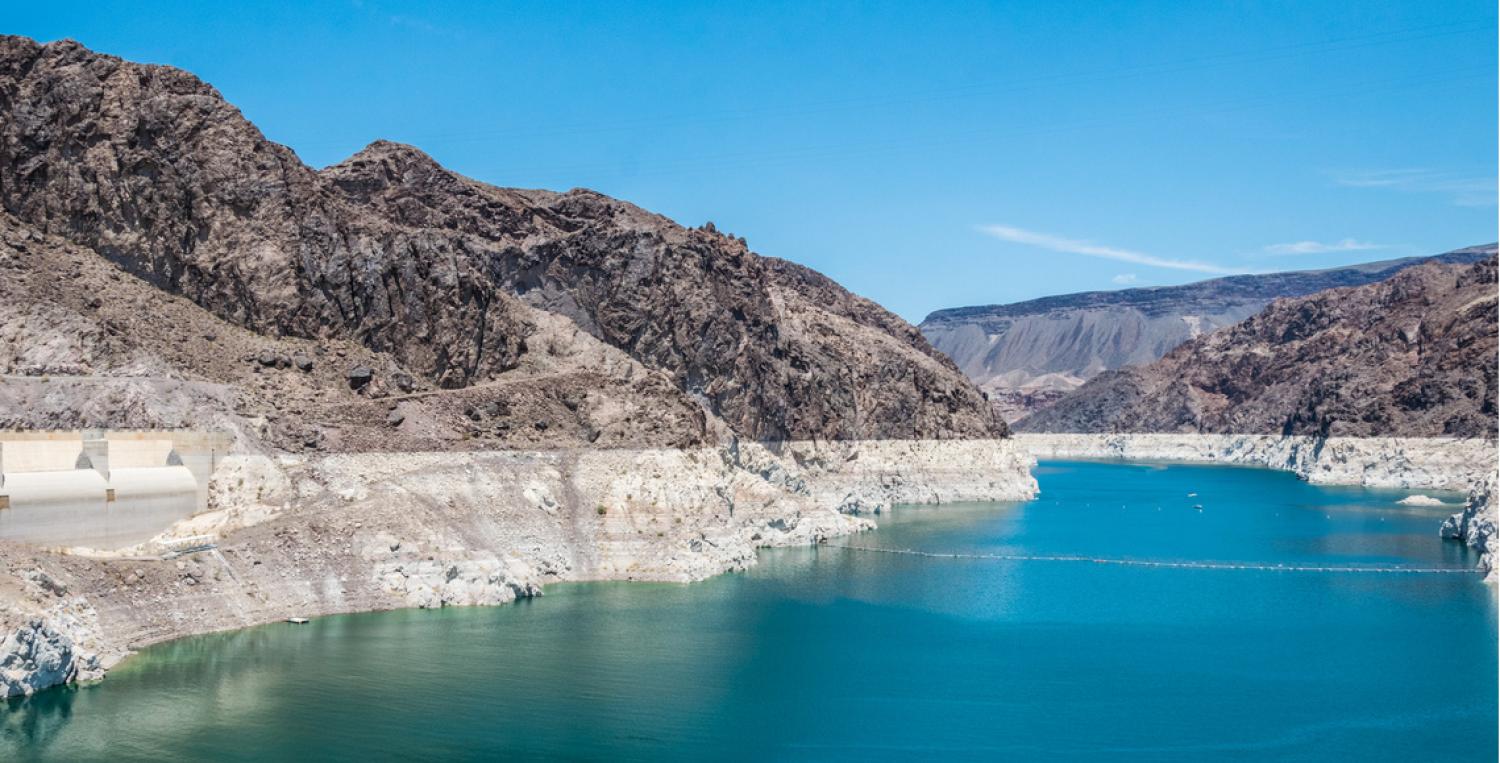Fall seminar series on Hydrology and Water Resources, October 20, 2021

Next up is a presentation by Professor Julianne Quinn, in the Department of Engineering Systems and Envirionment, at the University of Virginia, Charlottesville, VA. "Rethinking reservoir operations: how expanding operating goals can yield win-win climate adaptation outcomes"
Wednesday October 20th, 11:30 a.m. at ECCE 1B41.
Abstract: Economic development, population growth, and climate change have triggered an increase in global dam construction as a source of domestic water supply, irrigation, and renewable energy. The economic benefits associated with dams have historically been the primary drivers in decisions about how to operate reservoirs. However, this approach often benefits private companies and governments while placing the costs of hydropower development on local communities and the environment, resulting in steep social and ecological consequences. Climate change may exacerbate these multisectoral conflicts in the future, as hydrologic extremes intensify around the world. However, these tensions will deepen in absence of infrastructure development as well. In understanding the vulnerability of reservoir systems to climate change, it is important to consider whether the infrastructure is mitigating or exacerbating those impacts. In this study we rethink how reservoirs are operated and investigate whether robust and adaptive reservoir management can reduce socioecological conflicts under climate change relative to uncontrolled conditions. As a case study for our analysis, we consider the Omo River basin of Ethiopia, where controversial dam construction is creating opportunities for hydropower and irrigation but has proven detrimental to indigenous people and aquatic wildlife dependent on the natural flow regime. This study develops and leverages advancements in the Soil and Water Assessment Tool’s reservoir module to find reservoir operating policies that improve climate resilience to extreme flow events while balancing economic, agricultural, social, and ecological outcomes. While these operating policies exhibit tradeoffs between preserving the distribution of historical high versus low flows, we also identify compromise solutions that yield win-win climate adaptation outcomes, showing the multi-sectoral benefits of smart infrastructure development.

